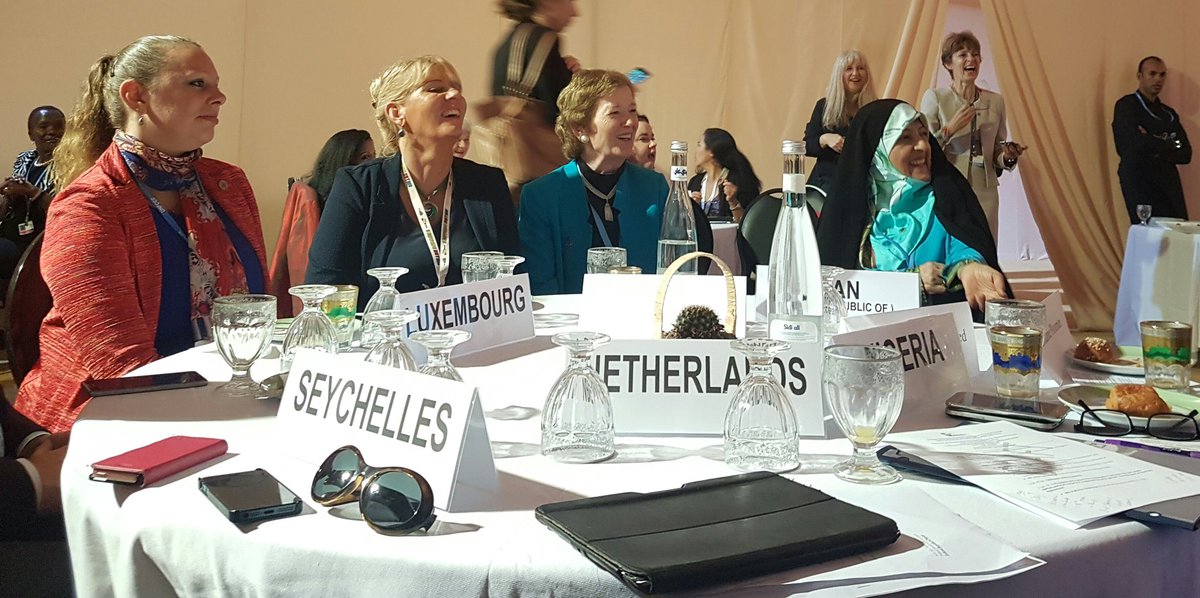Tuesday 15 November was Gender Day at the global climate negotiations in Morocco. This year, champions of gender in the climate process had good reason to celebrate because on Monday a draft decision on gender and climate change was finalised and awaits adoption later this week.
The decision, the most ambitious in the history of the international climate negotiations was forged thanks to a year of tireless work, leadership and advocacy of a large constituency of women and supportive men.
This is a significant moment for the consideration of gender issues as it is only the third decision on gender in the 26-year history of the United Nation’s Framework Convention of Climate Change (UNFCCC). The process began as a “gender blind” convention, meaning the Convention failed to recognise that decisions on climate change to respond to the needs of women as well as men.
The gender dimension of climate change must inform the development of climate policies. The impacts of climate changes are different for women and men, with women likely to bear the greater burden in situations of poverty.
In many countries women are responsible for the provision of water and food for their families. When the usual sources of food and water are disrupted, women must travel further, spend more time working for less return, make choices about whether or not they can send a child to school, which family member can eat. These women live in communities that have never seen the benefits of fossil fuel development that has driven climate change so they are least responsible for the climate impacts that are undermining their livelihoods and their rights.
The new decision recognises that women’s voices must be heard and their priorities supported in climate action. Speaking at the launch of the second edition of the Full View, a research report exploring ways to improve women’s participation in the UNFCCC, Mary Robinson highlighted the importance of the new decision to advancing the consideration of women’s need in climate policy making. She said “The new decision gives us the opportunity to comprehensively address gender in the process. We know that climate policy that responds to the needs of women as well as men will have a better chance of success. We must enable all people to be part of the fight against climate change and, in doing so, secure climate justice for all.”
Gender Day was marked by a series of events organised by parties, international agencies and civil society organisations on specific topics of relevance to advancing gender equality in climate action – like gender-responsive financing, capacity building for women in developing countries and the Sustainable Development Goals.
Tuesday was also the opening of the High Level Segment at COP 22, with many heads of state and government present in Marrakech to ensure that the ambition which delivered the Paris Agreement was maintained. Speaking at the opening ceremony Chilean President Michelle Bachelet, the former Executive Director of UN Women called on world leaders to recognise the importance of women’s agency in the fight against climate change. She said “Political will is essential if we want to have more representation of women in our decision making processes”.
Related Links


